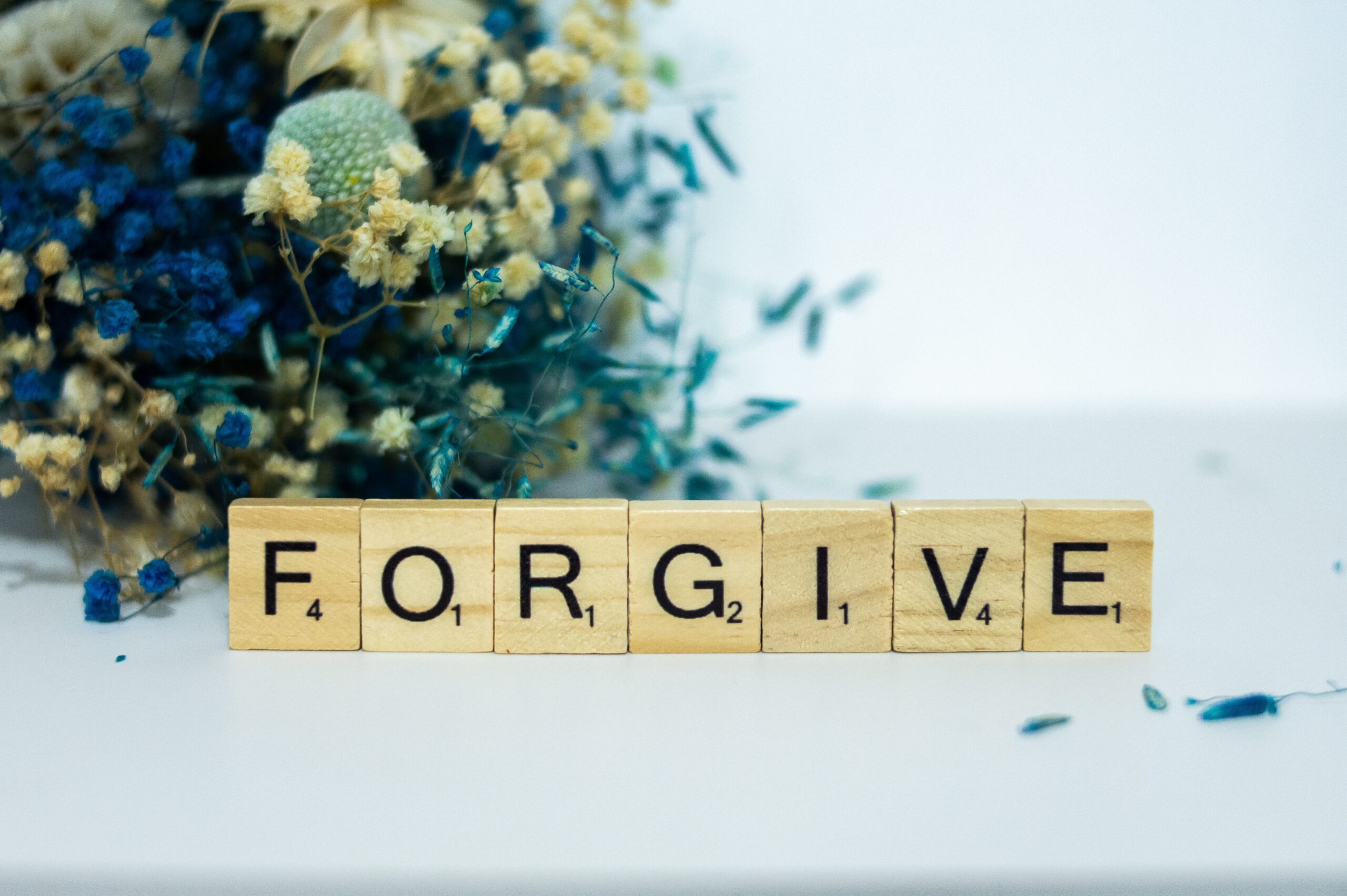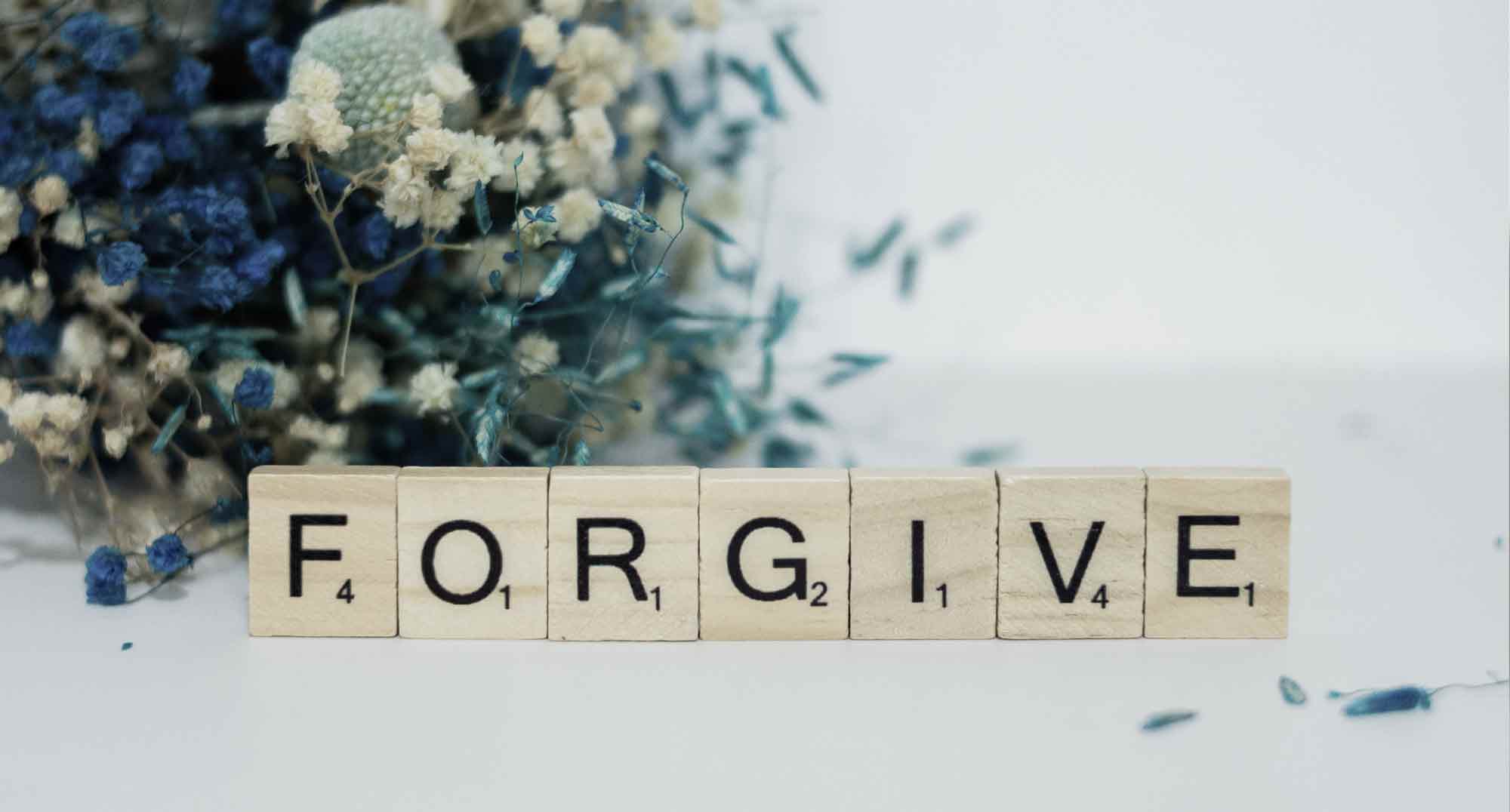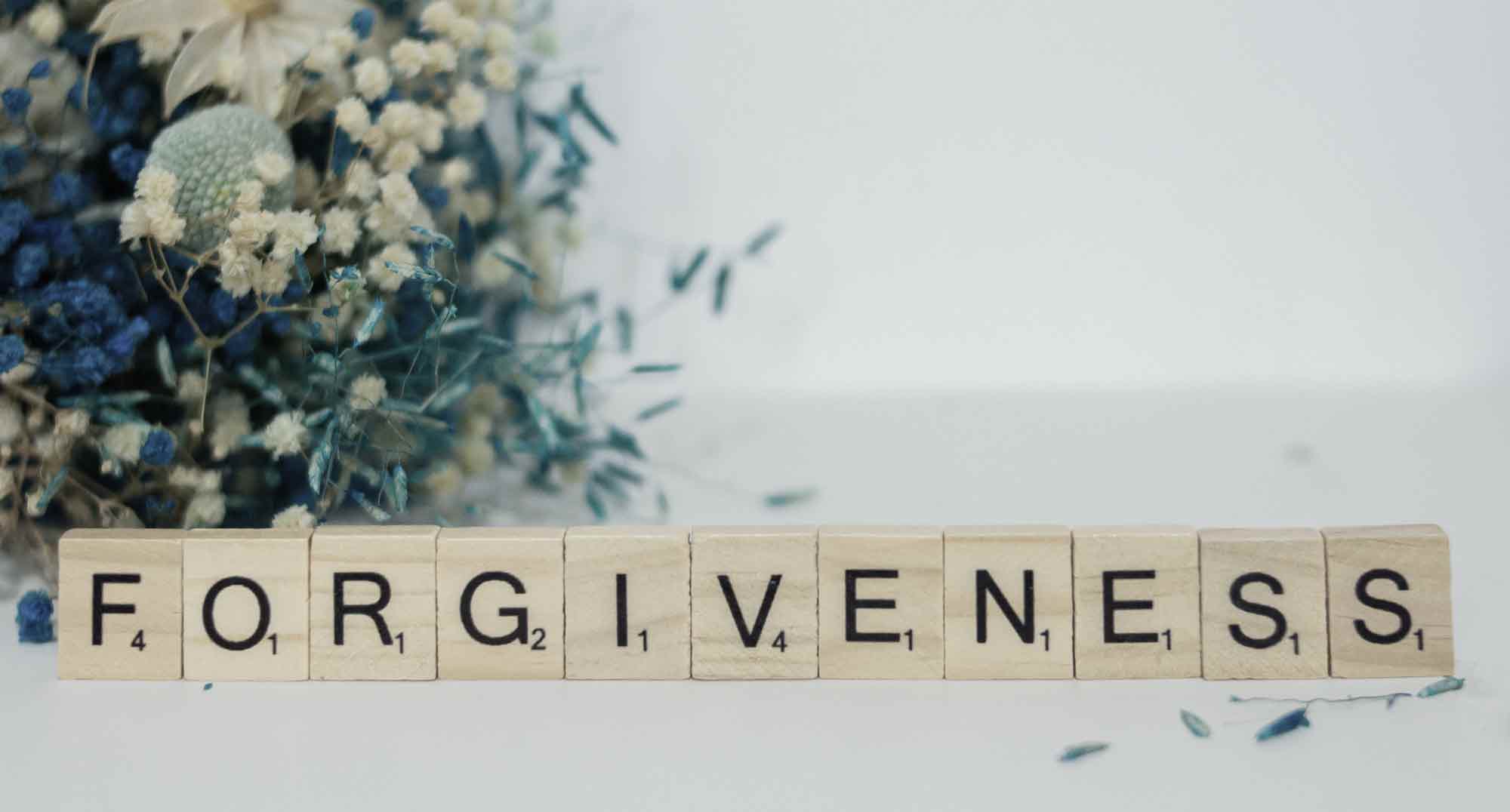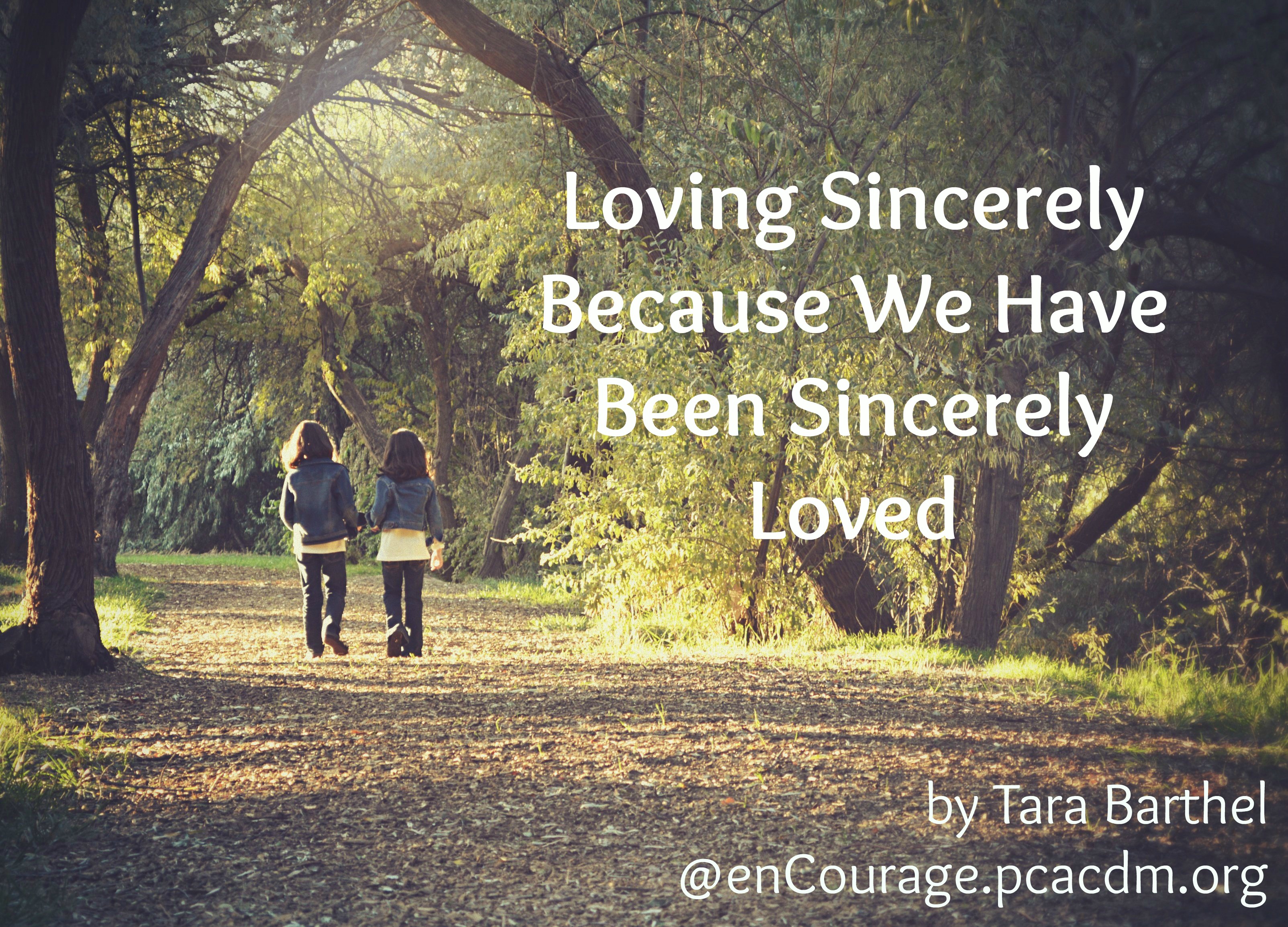Christian Love in Times of Political Division
AMANDA DUVALL | GUEST Among the cute photos of babies, puppies, and family vacations on social media— you see it. A friend from church posts a political message, and you cannot believe they vote for that person. Or support that cause. Or believe that news story. Maybe you reach for the quick “unfollow” button so you don’t have to see their posts anymore. Now, what happens when we walk into church and run into that person? We want to do the real world equivalent of an “unfollow.” Remove that person from our lives— if not entirely, at least put some distance between us. On the outside, everything probably looks the same, but the communion once shared has shifted, maybe even broken. This is not to downplay the real hurt we can experience in our relationships as the world becomes more politicized. It’s not just the election—there is almost no part of our society, public or private, untouched by politics. Maybe because of this, we tend to think our divisiveness today is so uniquely difficult for the Church to navigate. But then we read the New Testament. The first Christians hailed from every walk of life, and so, it was not uncommon to find a rich and educated individual, who just last month was participating in pagan rituals, right alongside a poor Jew, who had no power or property and adhered to some very strict personal ethics. Imagine for a second with me, then, what these relationships might have looked like— so easily laced with misunderstanding and awkwardness, offense, hurt, and downright rudeness. There was no earthly reason for these people to share anything in common. But in telling the Colossians about their new community, Paul says this, “Here there is not Greek and Jew, circumcised and uncircumcised, barbarian, Scythian, slave, free; but Christ is all, and in all” (3:11)...









